VR Dementia
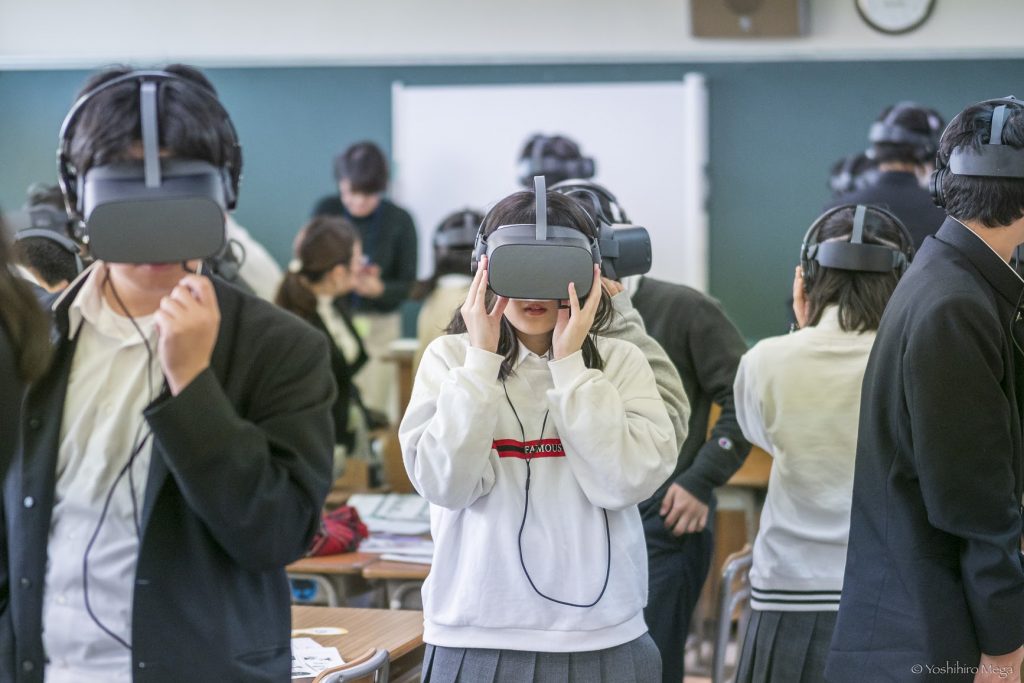
Using virtual reality (VR) technology and a trained facilitator, this program allows caregivers, nurses, family members, and the general public to experience the symptoms of dementia from a first-hand perspective, experiencing the emotions brought about due to the symptoms and the interactions with the people nearby.
Odekake Rehabilitation Initiative to Promote Outings for Older People and Commercial Revitalization
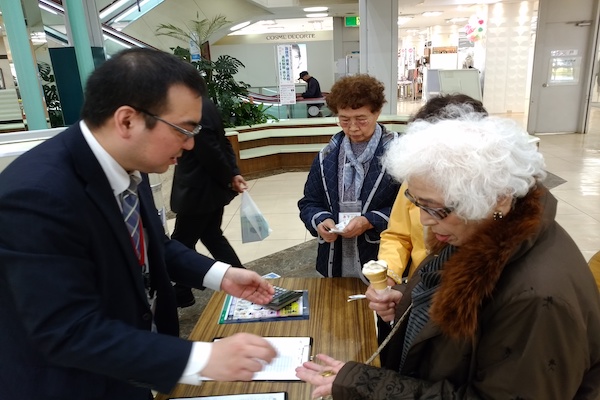
Odekake (Outing) Rehabilitation is an original healthcare project mainly targeting older persons or those who require care and support. It combines the concept of “shopping, dining, and recreation” together with “activity, sports, and interaction” to create a comprehensive form of rehabilitation while also contributing to the local economy.
“Taiseikai-Style” Care to Improve Problematic Behaviors Associated with Dementia and Let People Live True to Themselves
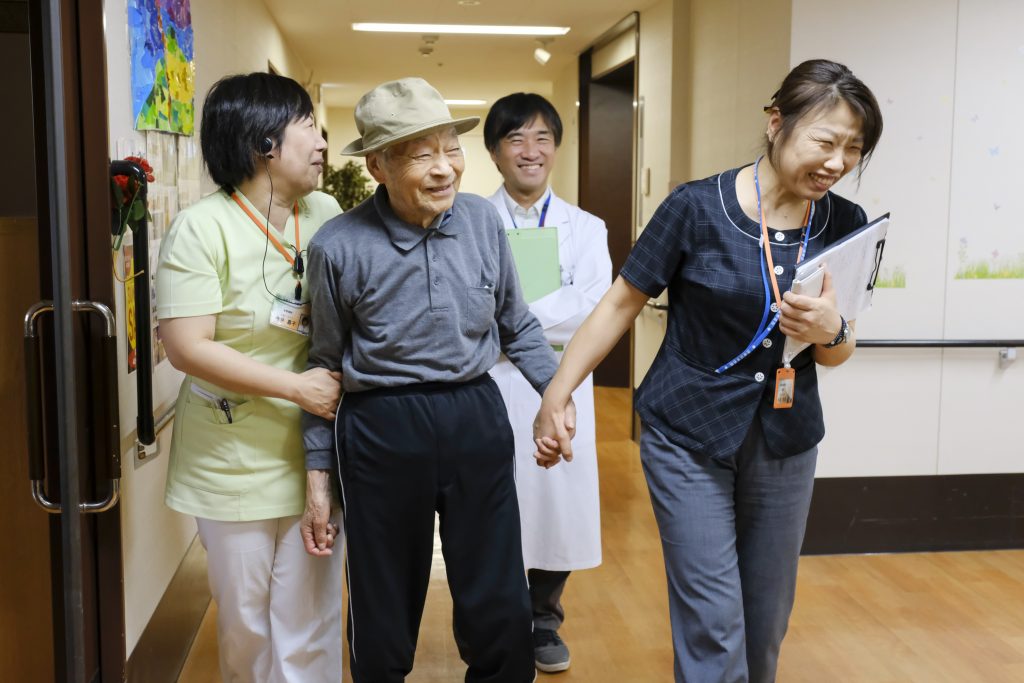
The Taiseikai Group, a medical corporation in Japan, has been committed since 2002 to protecting the dignity and health of people with dementia through “Taisekei Style” care—using zero physical restraints in their facilities and instead combining care content and supportive methods to alleviate behavioral disorders associated with dementia.
WheeLog!—An Accessibility Map Application Created by Everyone
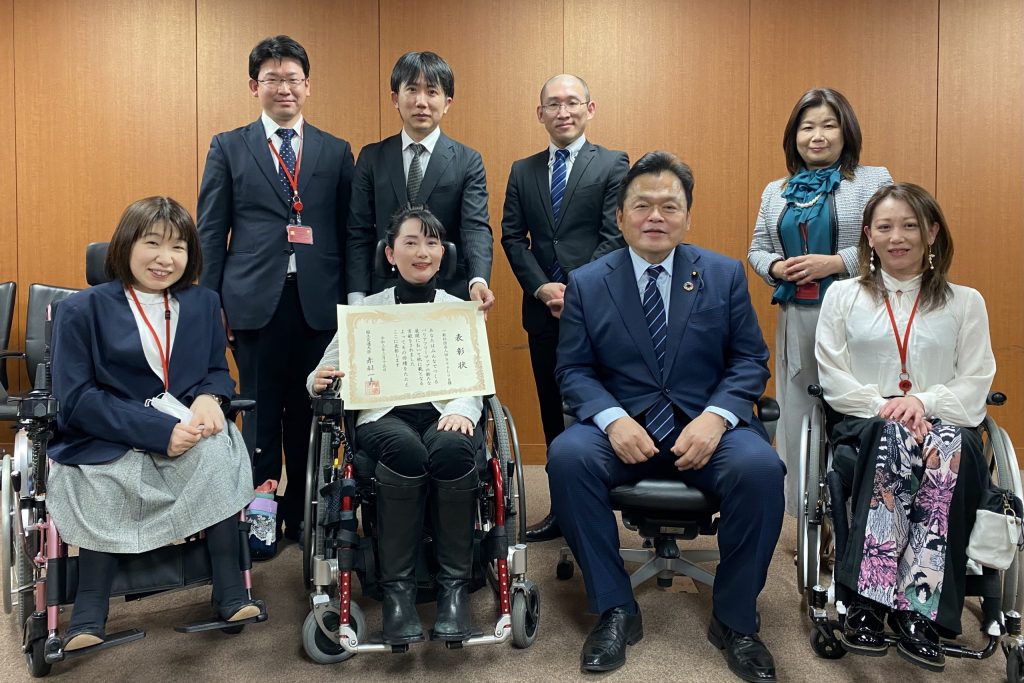
WheeLog!, an app for cellphones and computers, helps wheelchair users access barrier-free information about public spaces in Japan. It’s a crowdsourced map showing the actual routes taken by wheelchair users. The app aims to create an inclusive society by organizing city strolling events, where participants experience using a wheelchair.
The Matsudo Project: A New Urban Model for Reducing the Need for Long-Term Care in the Post COVID-19 Era
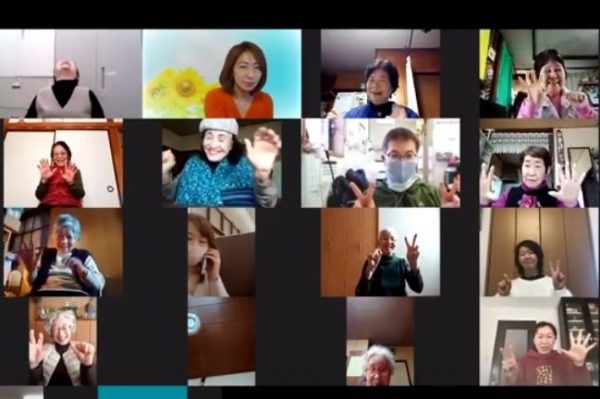
The Matsudo Project offers free online Kayoinoba classes in response to the challenges of its aging population and the COVID-19 pandemic. These classes provide older people with opportunities to connect with each other and across generations and to become more confident to use technology in their everyday lives.
Preventing Stroke Recurrence through a Hospital–Local Government Partnership to Support Patient Self-Management
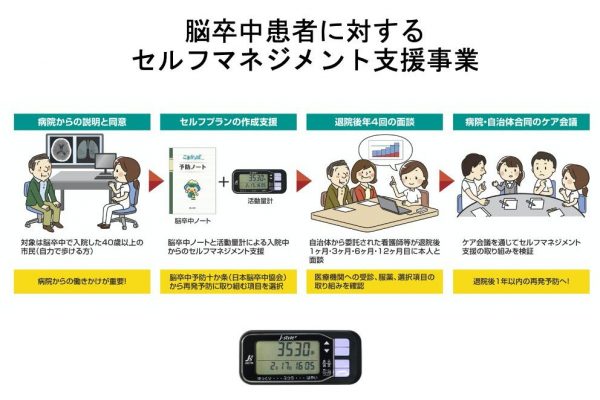
Komagane City, Japan, collaborates with Showa Inan General Hospital to prevent stroke recurrence in older patients. This year-long program starts at hospitalization and includes patient education, self-monitoring, and consultations. By focusing on mild stroke patients, recurrence rates dropped from 8% to 4.8%.
The Housing Complex as One Big Family
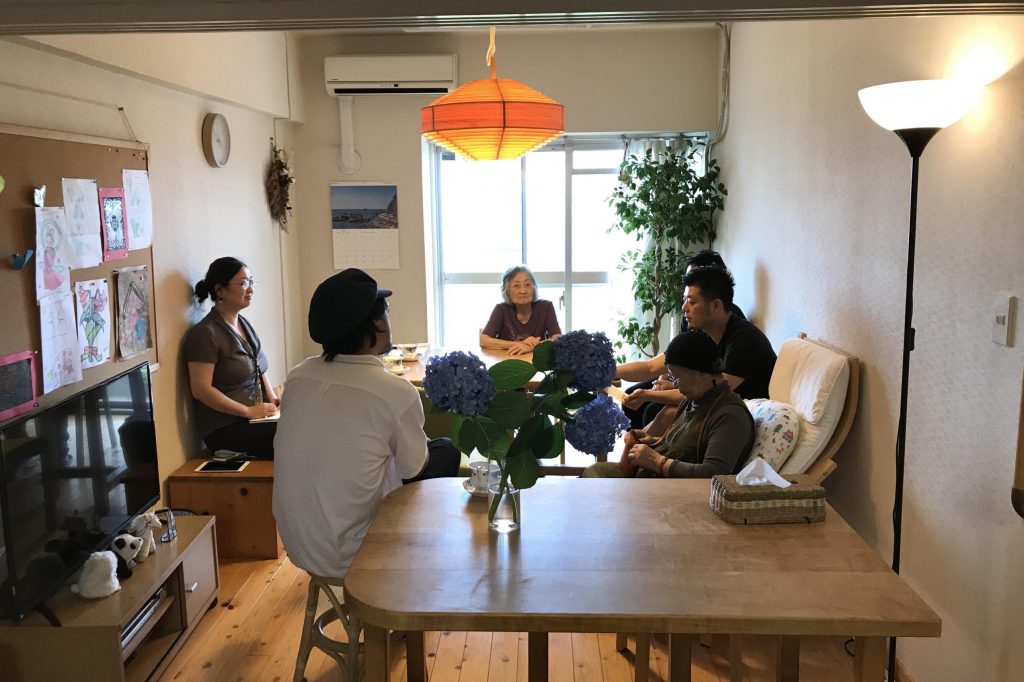
Grundtvig has created a small, multi-functional care facility within an existing housing complex in Japan, allowing residents to age in place and encouraging cross-generational exchanges and community revitalization.
An Eldercare Facility that Helps Seniors Resume Independent Living
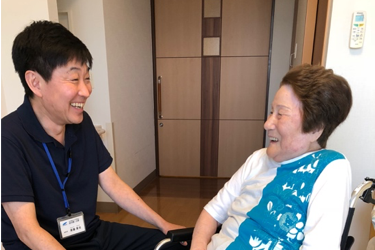
With the aging of Japanese society, the number of seniors who require constant caregiving has grown, as has the number of publicly operated long-term care facilities. One such facility is helping seniors lead an independent life by providing a variety of support services that allows the elderly to age in place.
Improving the Health of Caregivers and Seniors by Promoting Safer Transfer Techniques
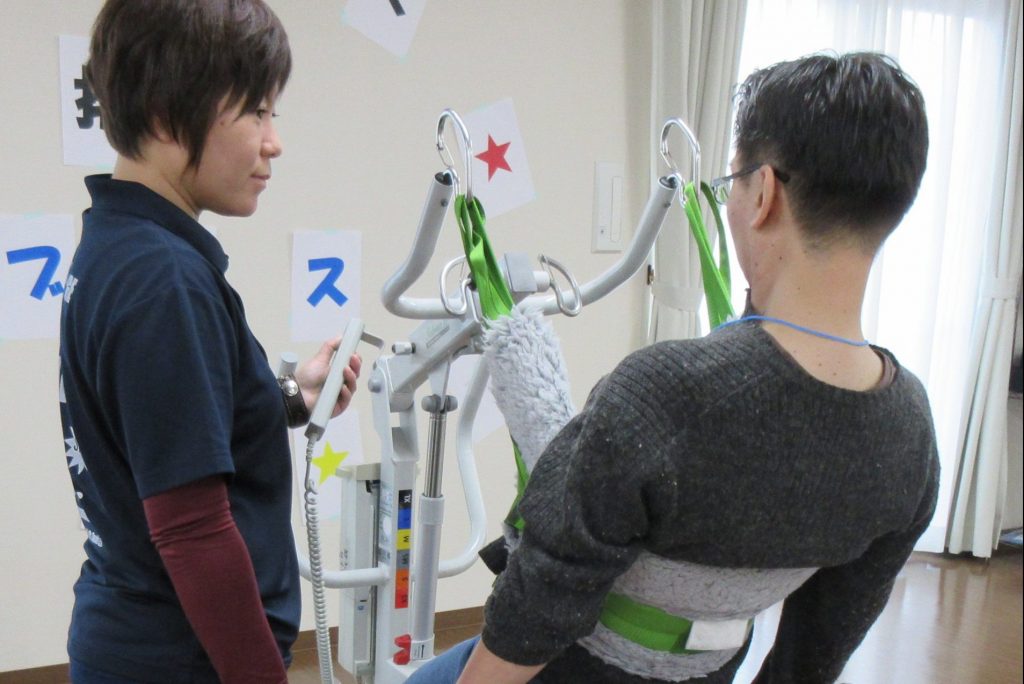
In order to relieve physical stress on caregivers, the No Lifting Association (NLA) has worked with Professor Hajime Asama to develop and popularize a system of “no-lift care,” which allows caregivers to care for the elderly without relying solely on the caregiver’s physical strength.
A Community-Based Approach Combining Physical and Mental Exercise to Prevent Dementia
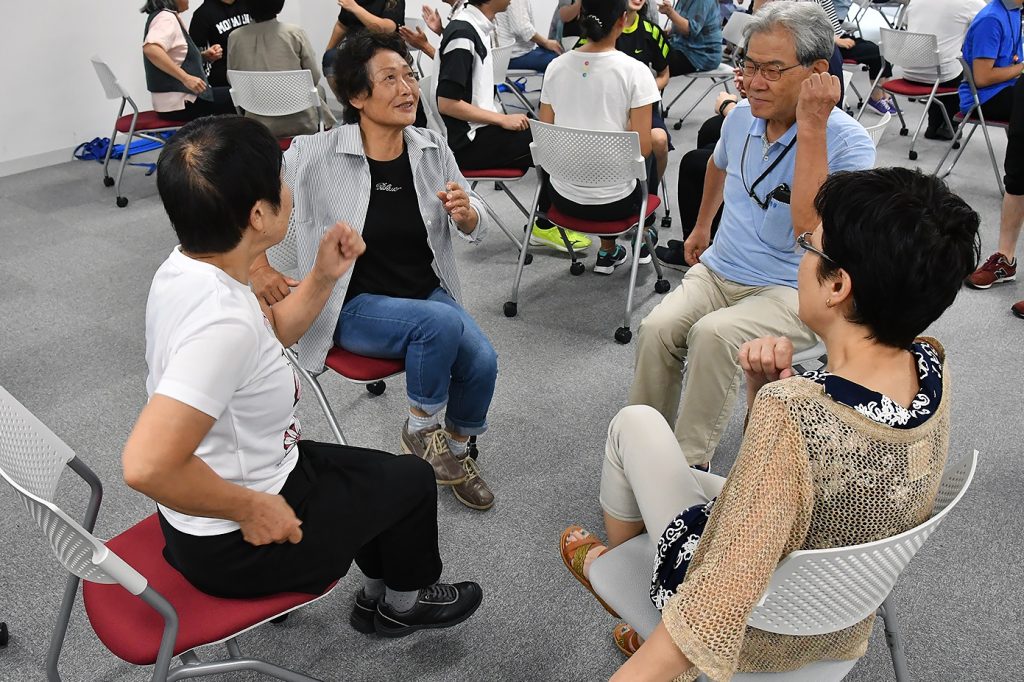
The number of people with dementia in Japan is rapidly increasing as the country’s senior population grows. In 2012, Japan’s National Center for Geriatrics and Gerontology (NCGG) began developing and testing a program called “cognicise,” which combines physical and mental exercise, to prevent the decline of cognitive functions.

